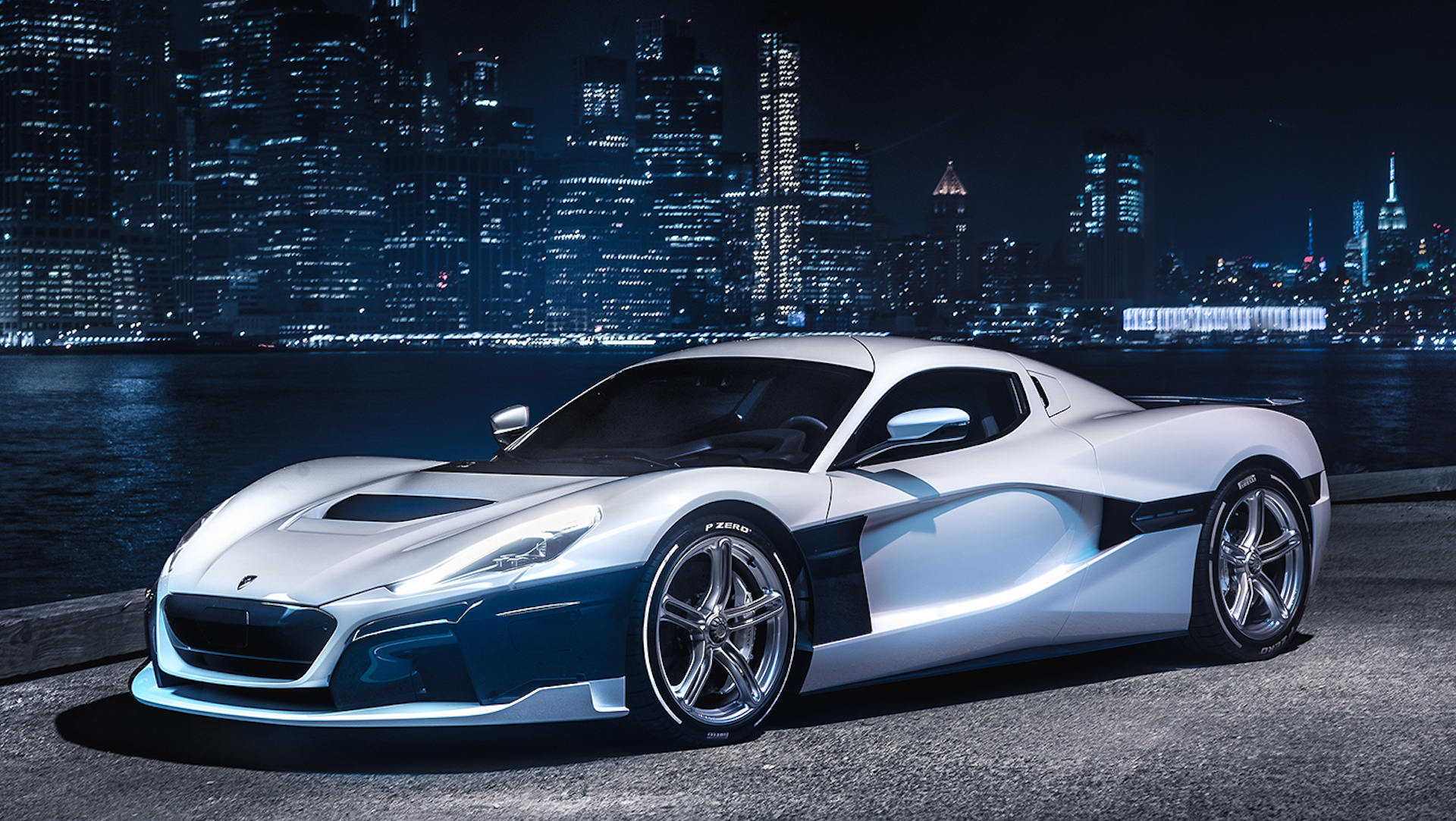

Not much attention has been paid to how manufacturers dyno test all-electric drivetrains—until now. Brought to us by our friends over at Apex.One is a brief look into how electric hypercar maker turned tech company Rimac shakes down its hardware without having to wake up any of its test drivers or pay for track time. We all know electric cars are much quieter and more energy-efficient than internally combusted ones and, as it turns out, those two benefits hold during the testing phase as well.

Rimac founder and CEO Mate Rimac says a lifetime’s worth of battery usage can be simulated by running the e-dyno 24/7 for just “a few weeks or months.” The rig can also simulate some pretty extreme use cases for Rimac’s most extreme clients. “For example, for Koenigsegg, we do a full acceleration run from zero to 400 km/h [249 mph],” Mate says. “The battery doesn’t move, it just sits here and doesn’t look any different but for the battery, it feels exactly like it was doing the full acceleration run.” A stark contrast to the absolute racket something like a Bugatti Chiron would surely create trying to do the same thing on a traditional, rolling runway-style dynamometer.
Another interesting tidbit is that nearly all of the energy expended on Rimac’s motionless dyno gets pumped back into the grid, apparently to the chagrin of Rimac’s energy company.
While it’s probably best known for building the Concept One electric hypercar that Richard Hammond drove off a hill filming the second season of The Grand Tour, Rimac has become a pretty major player in the electric car development game. In addition to supplying Koenigsegg with components for the Swedish company’s hybrid hypercars, it’s also been commissioned by Hyundai to help build an N-branded electric sports car as well as a high-performance hydrogen fuel cell EV.
A couple of years ago, Porsche bought 10 percent of the Croatian company and subsequently increased its stake to 15.5 percent back in September, around the same time it debuted the Taycan, Porsche’s first electric car.
Got a tip? Send us a note: tips@thedrive.com